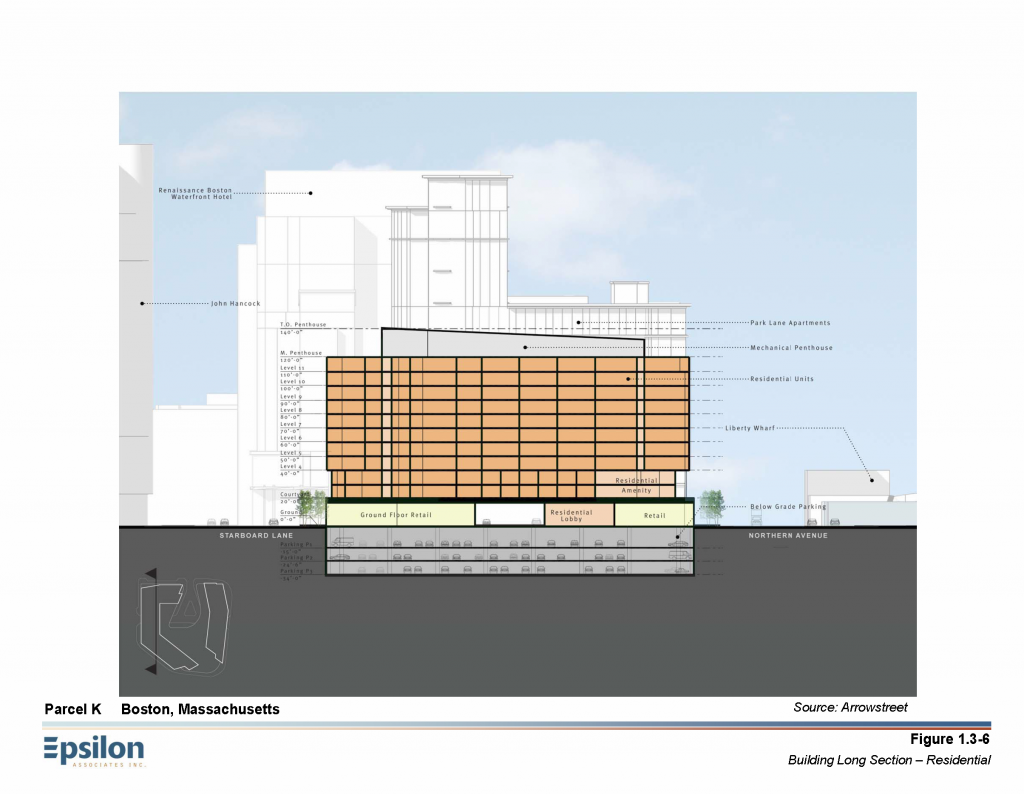JeffDowntown
Senior Member
- Joined
- May 28, 2007
- Messages
- 4,799
- Reaction score
- 3,667
Re: Innovation Dist. / South Boston Seaport
Planning has always been about finding the power balance in a city (developers, politicians, residents, business owners, near-term, long-term, etc.). Even the Haussman example in Paris was as much about military strategy and mob control (hard to barricade wide boulevards!) as about making the city flow effective and livable.
Yes, that's what I added the adjective "modern." The modern city planning movement began formally sometime between 1900 and 1915. IIRC the first major convention was held in 1906. That's when you start to see the rise of city planning commissions in cities like NY and Boston. If you look at the Google archive version of their reports, you'll find that the newly formed commissions largely concerned themselves with trying to figure out which buildings to knock down to widen streets, how to spread out population, and how to add greenspaces into urban areas.
Movements like Garden City and City Beautiful also came into existence around the end of the 19th century and became the basis for the "new" field of modern city planning, even though they were fundamentally anti-city in nature. We are still dealing with the fallout from their application: separation of uses, greenspace as a barrier or weapon against cities, and the view of cities as nothing more than a collection of monuments for architects to show off.
There was certainly planning before that, but the idea of zoning as a legally enforceable regulation didn't exist until the teens and twenties. I would like to think that the planners of the mid-19th century and prior had a more acute awareness of the needs of actual cities, since they had to live with their decisions, but I'm sure there were plenty of failures to go along with the successes. And even what many view as success today -- like Haussman's remaking of Paris -- caused a great deal of suffering in their time. I suppose you could say that urban development has always been about "reification" of power relationships in a city, and in modern times those relationships fled outward.
Planning has always been about finding the power balance in a city (developers, politicians, residents, business owners, near-term, long-term, etc.). Even the Haussman example in Paris was as much about military strategy and mob control (hard to barricade wide boulevards!) as about making the city flow effective and livable.




